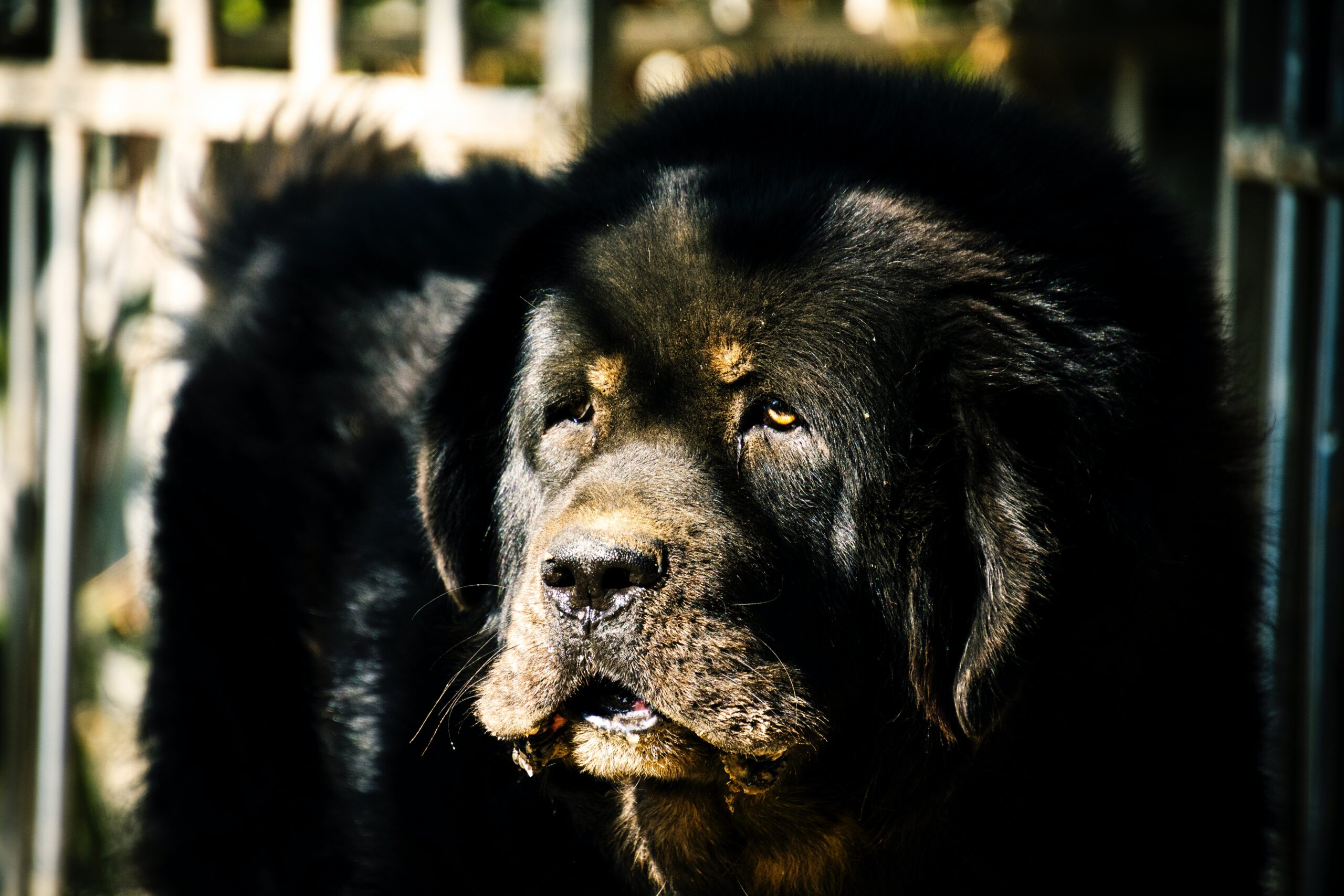
Newfoundlands, or “Newfies” as they are affectionately known, are large, gentle dogs known for their swimming ability and their loving, patient nature. Like all breeds, they have their share of breed-specific health risks. Being aware of these risks and knowing when to seek emergency care is crucial for ensuring your pet’s health and longevity. Here are five red flags that should prompt immediate veterinary attention.
1. Difficulty Breathing or Excessive Panting
Newfoundlands are prone to heart conditions, including Subvalvular Aortic Stenosis (SAS), a potentially serious condition that can cause difficulty breathing, excessive panting, or fatigue. If you notice any of these symptoms, particularly if they occur suddenly or are accompanied by fainting or loss of consciousness, seek immediate veterinary attention.
2. Sudden Lethargy or Decreased Activity
These gentle giants typically enjoy playtime and walks. If your Newfoundland becomes unusually lethargic, disinterested in play, or shows a significant decrease in energy levels, it could be a sign of an underlying issue such as heart disease or hypothyroidism. Any sudden change in your dog’s behavior or energy level warrants immediate veterinary consultation.
3. Changes in Gait or Difficulty in Movement
Newfoundlands can be predisposed to certain orthopedic issues, including hip dysplasia and elbow dysplasia. If your Newfie starts limping, shows difficulty moving, or reluctant to run or jump, these could be signs of a severe condition that needs immediate attention.
4. Excessive Thirst and Frequent Urination
Increased thirst and urination can be symptoms of several serious health issues, including diabetes and kidney disease. If your Newfoundland is drinking more water than usual or urinating more frequently, especially if these changes are accompanied by weight loss or changes in appetite, consult with your vet immediately.
5. Bloating or Distended Abdomen
Newfoundlands, like other large breed dogs, are at risk for Gastric Dilatation-Volvulus (GDV), also known as bloat. If your dog’s abdomen appears distended or bloated, or if your dog appears anxious, is drooling excessively, trying to vomit without bringing anything up, or showing signs of discomfort, this is a medical emergency and requires immediate veterinary intervention.
In conclusion, being a responsible Newfoundland owner means keeping an eye out for any changes in your dog’s behavior, appearance, or habits. If you notice any of these red flags, it’s crucial to rush your dog to the vet. When it comes to your pet’s health, it’s always better to be safe than sorry.
 Toledo, United States.
Toledo, United States.